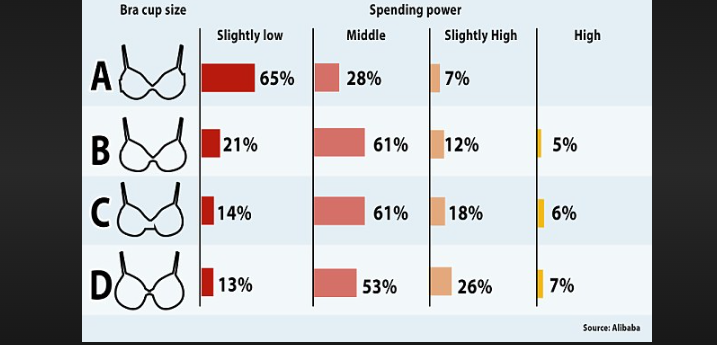How Much Do Boobs Weigh? Unveiling the Science Behind Breast Weight
Breasts, a distinctive feature of the female anatomy, come in all shapes and sizes. One common curiosity that often arises is, "How much do boobs weigh?" In this article, we will delve into the intriguing world of breast weight, exploring the factors that contribute to it and addressing common questions related to this topic.

How big are they?
1. Understanding Breast Composition
Before we explore breast weight, it's important to understand the composition of breasts:
-
Glandular Tissue: Breasts contain glandular tissue responsible for milk production during pregnancy and breastfeeding.
-
-
Fatty Tissue: Adipose or fatty tissue is another significant component of breasts. The amount of fat in the breasts can vary widely among individuals.
-
-
Connective Tissue: Connective tissue provides structural support to the breasts.
2. Factors That Influence Breast Weight
Breast weight is influenced by various factors:
-
Breast Size: Larger breasts typically weigh more than smaller ones due to the increased volume of tissue.
-
-
Body Weight: A person's overall body weight can affect breast size and, consequently, breast weight. Individuals with a higher body fat percentage may have heavier breasts.
-
-
Hormonal Changes: Hormonal fluctuations, such as those that occur during pregnancy and menstruation, can temporarily affect breast size and weight.
-
-
Age: Breasts can change in composition and density with age, potentially affecting their weight.
3. Average Breast Weight
While breast weight varies significantly among individuals, studies have provided some insights into average breast weight:
-
Individual Variation: The weight of a single breast can range from a few ounces to over a pound, depending on its size and composition.
-
-
Collective Weight: The combined weight of both breasts typically ranges from one to five pounds or more.
4. Does Breast Size Affect Back Pain?
A common concern associated with larger breasts is back pain.
The weight of larger breasts can put extra strain on the neck, shoulders, and back, potentially leading to discomfort or pain.
Some individuals with larger breasts may consider breast reduction surgery as a solution to alleviate this issue.
5. Changes in Breast Weight Over Time
Breast weight can change over time due to various factors:
-
Pregnancy: During pregnancy, breast tissue undergoes changes to prepare for breastfeeding, resulting in an increase in breast size and weight.
-
-
Breastfeeding: While breastfeeding, breasts become engorged with milk, temporarily increasing their weight.
-
-
Aging: As individuals age, the composition of breast tissue may change, potentially affecting breast weight.
6. How to Manage Breast Health
Maintaining breast health is essential for overall well-being. Here are some tips:
-
Regular Self-Exams: Perform regular breast self-exams to check for any lumps or changes in your breasts.
-
-
Clinical Exams: Schedule clinical breast exams as recommended by your healthcare provider.
-
-
Mammograms: For individuals of a certain age or with specific risk factors, mammograms may be recommended for breast cancer screening.

Bra cup size and spending power
In conclusion, breast weight varies widely among individuals due to factors such as breast size, body weight, hormonal changes, and age. While breast size and weight are a natural part of human diversity, it's essential to prioritize breast health through regular self-exams and clinical screenings. Understanding the factors that contribute to breast weight can help individuals make informed decisions about their breast health and well-being. Ultimately, embracing the diversity of breast size and weight is a celebration of individuality and body positivity.